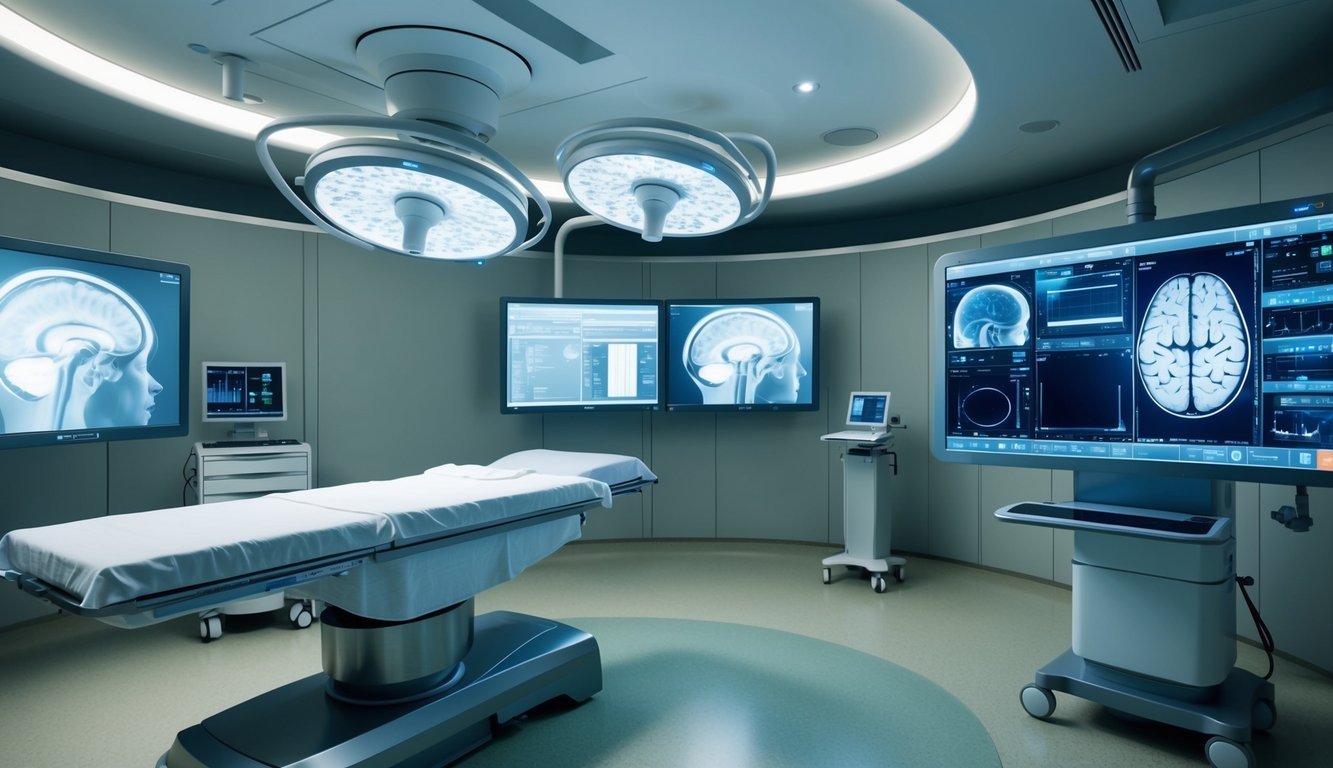PsychNewsDaily Publishers
100 Summit Drive
Burlington, MA, 01803
Telephone: (320) 349-2484
PsychNewsDaily Publishers
100 Summit Drive
Burlington, MA, 01803
Telephone: (320) 349-2484
Recent advancements in MRgFUS capsulotomy show promising long-term efficacy and safety for treating refractory obsessive-compulsive disorder, with potential applications in other psychiatric disorders.


Recent breakthroughs in non-invasive brain surgery are offering new hope for people suffering from severe obsessive-compulsive disorder (OCD). Traditionally, the prospect of brain surgery has been burdened by the shadow of past practices, particularly lobotomies, which have historically been viewed with an air of skepticism. Yet, modern advancements in surgical techniques are gradually altering this narrative.
One notable approach gaining traction is bilateral capsulotomy, often referred to as deep brain stimulation. This method is being investigated for people with treatment-resistant OCD, a condition deeply characterized by relentless, intrusive thoughts and compulsive behaviors that can severely disrupt daily life.
At Korea University, researchers have pioneered an innovative technique known as magnetic resonance-guided focused ultrasound (MRgFUS) capsulotomy. This non-invasive procedure has shown remarkable efficacy in alleviating the symptoms of refractory OCD for extended periods, with early findings suggesting lasting benefits of up to two years. This cutting-edge method allows for the precise targeting and destruction of specific brain tissue, marking a significant leap forward in the treatment of this debilitating disorder.
To evaluate the long-term impacts of MRgFUS capsulotomy, the research team carried out a decade-long follow-up involving patients grappling with refractory OCD. The results were compelling: not only did the technique prove to be safe, but it also maintained a high rate of patient satisfaction and effectiveness throughout the ten-year period. These significant findings were shared in the journal Molecular Psychiatry, underscoring a new chapter in the treatment of severe OCD.
Dr. Jin Woo Chang, a prominent figure at Korea University Anam Hospital, highlighted the importance of this groundbreaking study, noting that it represents the first clinical trial of MRgFUS specifically for OCD on a global scale, as well as the first extensive long-term follow-up of treatment outcomes for this condition.
The potential applications of MRgFUS capsulotomy may extend beyond OCD, with Dr. Chang suggesting that the technique might also benefit people dealing with other common psychiatric disorders, such as refractory depression, owing to its safe and effective profile.
As the clinical possibilities surrounding MRgFUS capsulotomy become increasingly tangible, the future of psychiatric treatment appears brighter. With these pioneering advancements, there lies the promise of addressing mental health challenges without the complications often associated with traditional surgical methods. This technology could indeed transform the lives of those enduring the weight of severe psychological distress, paving the way for a new era of treatment in psychiatry.